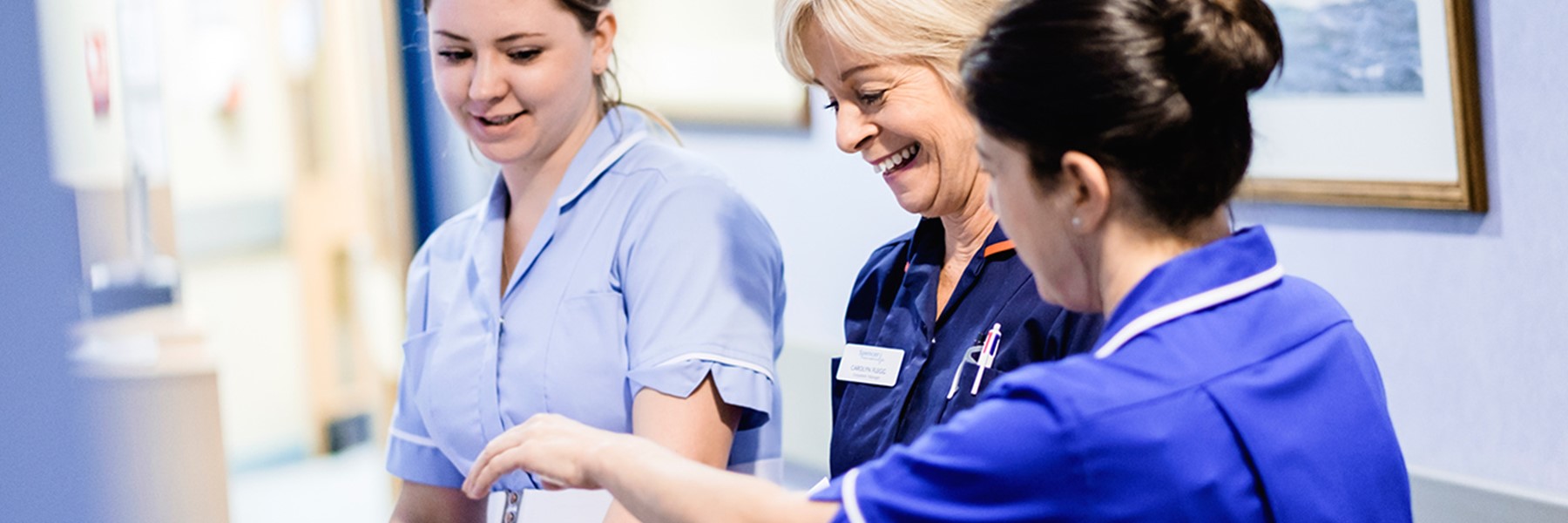Blood Pressure Test
High blood pressure (hypertension) often does not have any symptoms; the only way to find out if you have it is to get your blood pressure checked.
If untreated it increases your risk of heart attack, heart failure, kidney disease, stroke or dementia. According to NHS Choices over 5 million people in England are unaware they have high blood pressure, yet it effects more than 1 in 4 adults.
Low Blood pressure (hypotension) this is where the blood pressure in your arteries in abnormally low. This is unlikely to display any symptoms and is normally not something to worry about. However, if your blood pressure drops too low, it has the potential to restrict the amount of blood flowing to your brain and other vital organs, which can cause unsteadiness, dizziness or fainting.
What is high blood pressure?
The heart is a muscle and its job is too pump blood around your body to deliver energy and oxygen. To do this a certain amount of pressure in your blood vessels is needed. If there is too much pressure in your blood vessels this causes extra strain to be placed on your arteries and heart, which can lead to some serious conditions such as heart attacks, heart failure, kidney disease, stroke or dementia. Your blood pressure is measured in millimetres of mercury and is recorded as two figures:
- Systolic Pressure - the pressure of the blood when your heart beats to pump blood out
- Diastolic - the pressure of the blood when your heart rests in between beats, which reflects how strongly your arteries are resisting blood flow.
Low blood pressure is measured in the same way, and if the blood pressure drops too low, the blood flow to the brain and other vital organs is restricted and can cause unsteadiness, dizziness or fainting.
Who is most at risk of high blood pressure?
The chances of high blood pressure increase, as you get older. There is not a clear cause of high blood pressure but the risk increases if you:
- Are aged over 65
- Are overweight
- Have a relative with high blood pressure
- Are of African or Caribbean descent
- Eat too much salt
- Don’t eat enough fruit and vegetables
- Don’t do enough exercise
- Drink too much alcohol
- Drink too much coffee or caffeine based drinks
- Smoke
Who is at risk of low blood pressure?
- The time of day can affect your blood pressure
- How stressed or relaxed you are
- How much exercise you do
- Temperature
- If you have recently eaten
- Genetics
- Age
- Medication
- Dehydration
- An illness or underlying health condition
Both of these can be treated with medication and lifestyle changes.
